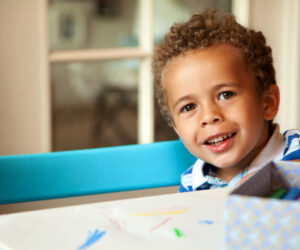A look into the 4 baby personality types
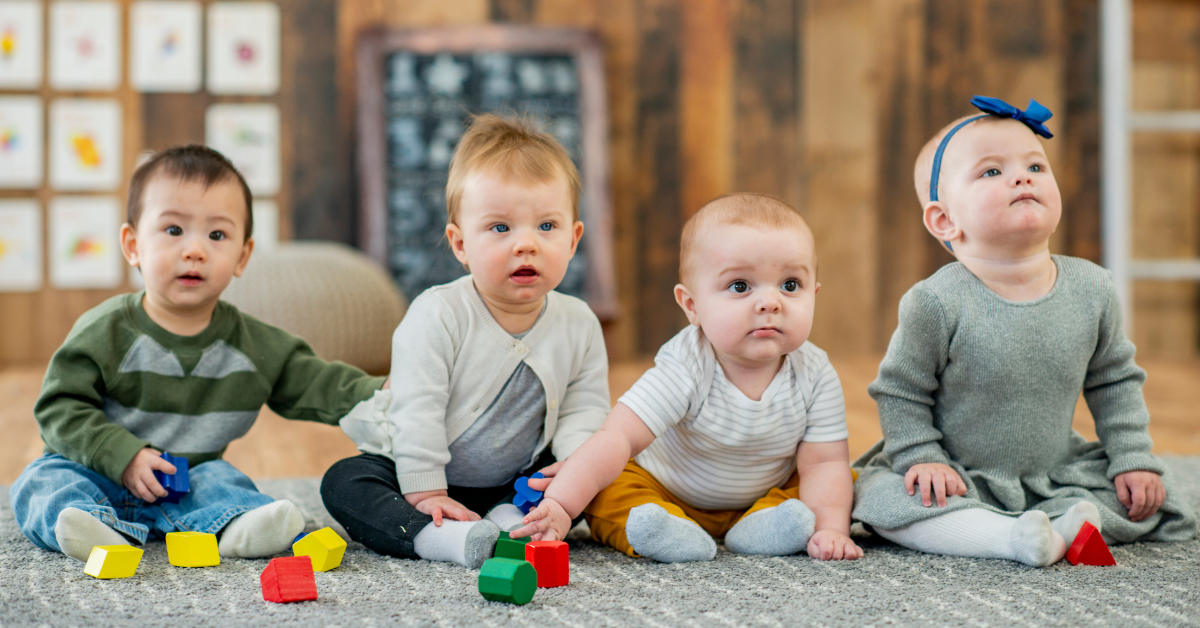
Babies are unique and special, just like everyone else. Each of them is different and has a specific type of personality. Understanding this can be very useful for parents as they navigate this beautiful yet somewhat challenging infant stage. This is why taking the time to know your baby’s personality is important; some experts even say that this is the secret to successful parenting! This article on baby personality types will help you get to know your baby and understand his or her temperament so that you and others, such as teachers at a daycare in Coral Gables, can respond to and meet your baby’s needs more effectively. Let’s get to it.
1. The settled baby
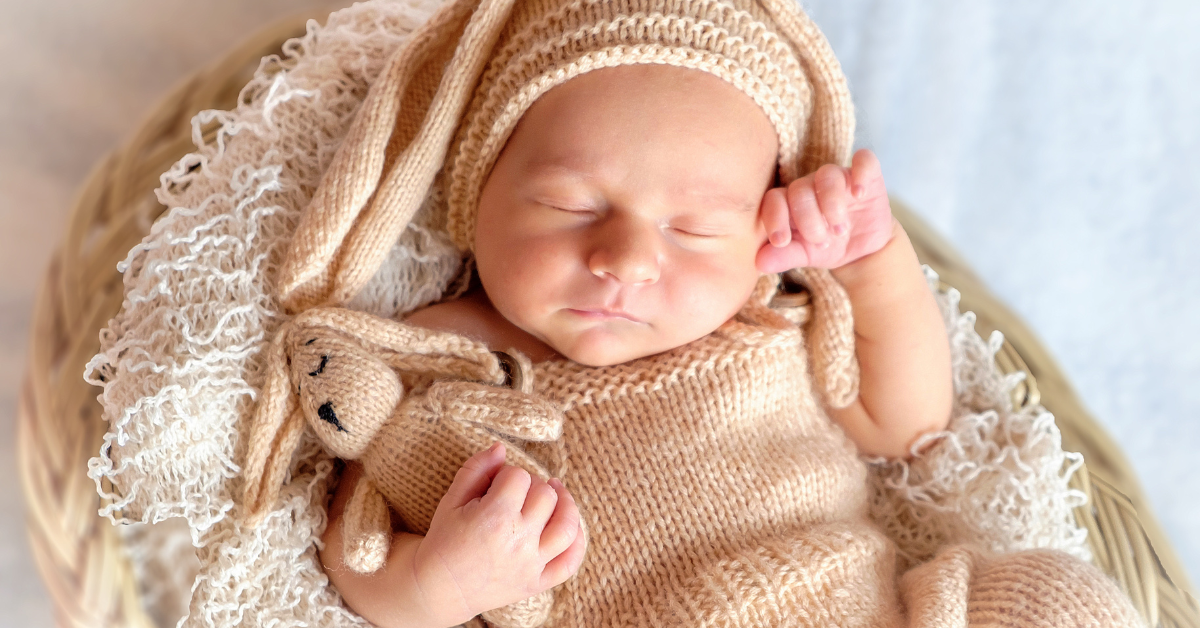
This baby personality type is laid back compared to other personalities, they’re usually easygoing and flexible. In other words, they can eat and sleep with ease since they cope well with stimulation from their surroundings. In fact, if you have a settled baby, you won’t have to put so much effort into their sleeping routines since a big characteristic is their ability to filter stimulation from the environment well enough to avoid being easily woken by noises. A settled baby is also able to handle social situations and is generally willing to follow along. However, because they are so laid back and relaxed, they might accomplish developmental milestones a little bit later than other babies. But don’t be alarmed, as this is normally nothing to be concerned about, it’s just their personality. They are simply happy to watch the world go by as opposed to wanting to be inquisitive and explorative.
Some ways to know if your baby is settled include:
- They rarely cry or fuss without a clear reason and tend to calm down quickly when comforted.
- They adapt easily to changes in their environment, such as new people, places, or routines.
- Their mood is generally even and predictable, making daily caregiving more straightforward.
- They show patience during feeding and play, often content to observe quietly for longer periods.
- They respond calmly to sensory input, like bright lights or loud sounds, without becoming overwhelmed.
- They have a steady temperament that helps them form secure attachments with caregivers.
2. The sociable baby
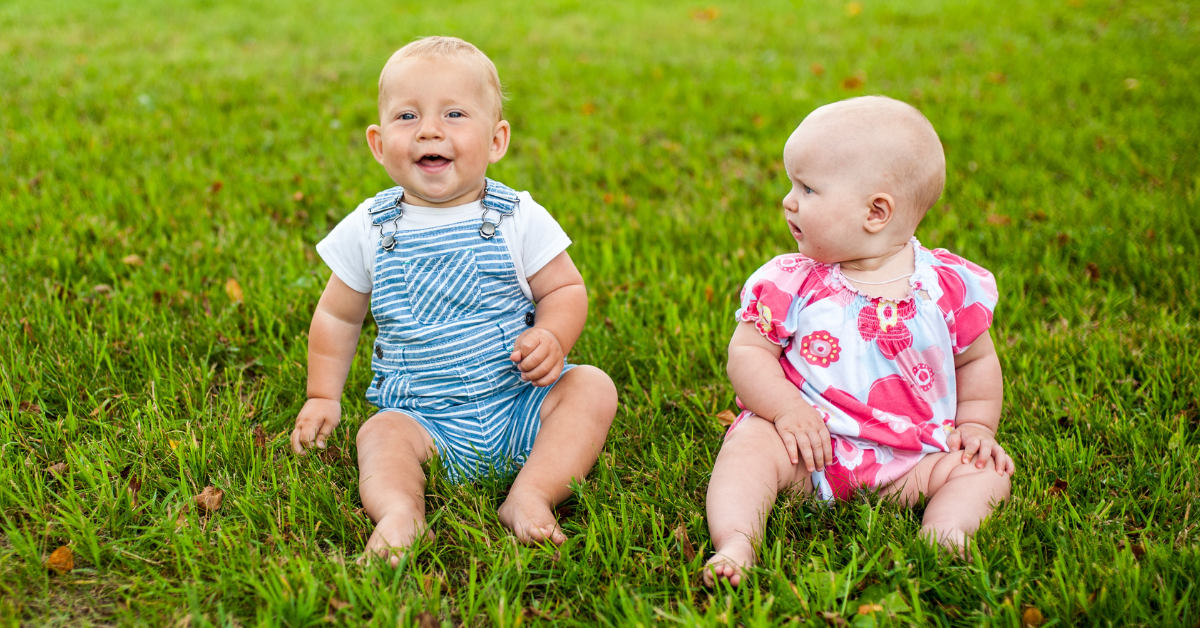
Also known as the social butterfly, this baby type loves interacting with others and the world. Curious and social, they love to be in the company of others and don’t like to be left alone for long. Although they grow to be more alert and seem to constantly be on the move as they become more mobile, they also love to be carried and held. However, despite their need for stimulation, they can also be prone to becoming overstimulated because their brain are not mature enough to deal with all the stimuli. As compared to the settled baby, this one will most likely not go to sleep easily for fear of missing out. Life with this type of baby is certainly never dull, but parents might get exhausted quickly since they demand attention and seek out sensory experiences as much as possible. Perhaps a social butterfly baby would thrive in a daycare in Coral Gables, as there are lots of activities, games, learning, and other babies to interact with.
Understanding and embracing the sociable baby’s needs helps create a nurturing environment where their natural curiosity and love of connection can flourish. If you think your baby has this personality, these are some things to consider:
- They tend to develop strong communication skills early on due to their eagerness to engage in interaction.
- They benefit from consistent routines that help regulate their excitement and reduce overstimulation.
- Caregivers can support their social development by encouraging group play, storytelling, and interactive learning.
- They may be more prone to separation anxiety when it’s time to begin daycare in Coral Gables due to their strong attachment needs.
- It’s important to provide quiet, calm periods to help them self-regulate and avoid burnout.
- Over time, their sociability often turns into leadership and teamwork skills as they grow.
3. The slow-to-warm-up baby
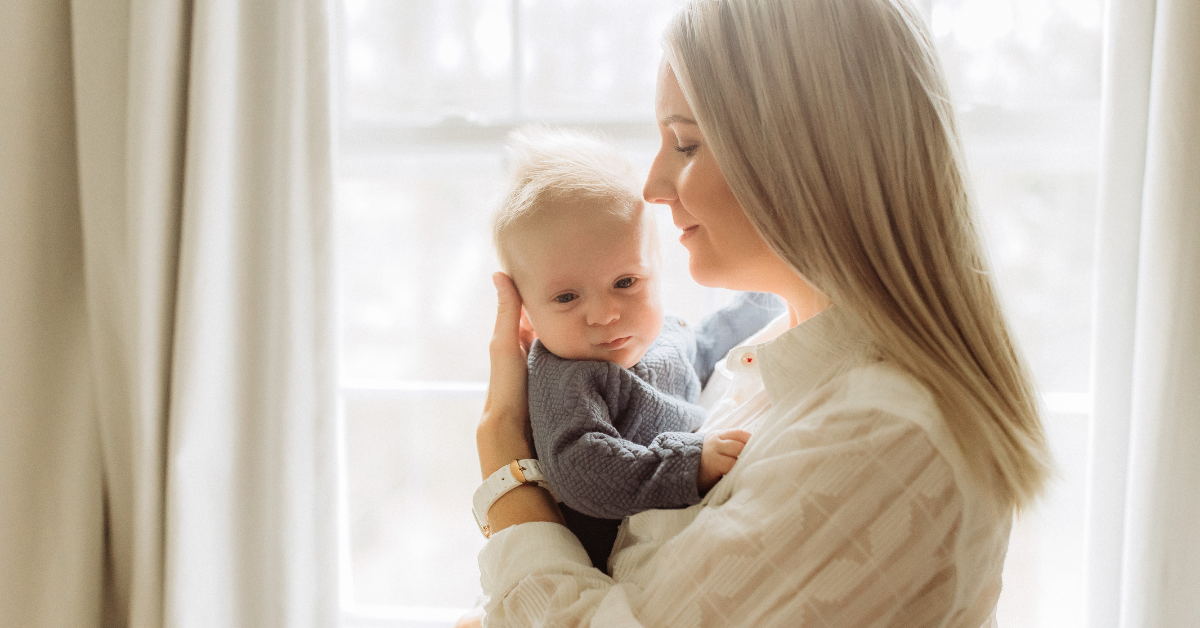
The slow-to-warm-up baby is sensitive to change and takes time to adjust to new situations. Easily overwhelmed by new stimuli and environments, they may appear shy and are sometimes referred to as “Velcro babies” because they are happiest when near their parents. However, as they get used to a new sensation, they’ll tend to become calmer and will settle better. This type of baby finds comfort in predictability, often needing reassurance from parents and preferring to stay close to them. They can be hard to control without a routine, often requiring feeding or carrying to calm them down. As they grow older, these children may initially be a little quiet and anxious in unfamiliar settings, but will become more outgoing and engaged once they feel comfortable.
Common traits of slow-to-warm-up babies include:
- Cautiousness: They tend to be careful and hesitant when encountering new people or situations.
- Shyness: They might appear reserved or withdrawn in unfamiliar settings.
- Sensitivity: They can get easily overwhelmed by too much stimulation and often favor calm, quiet surroundings.
- Observant: They usually like to watch from afar before actively participating.
- Unique needs: They require extra time and reassurance to feel at ease and gain confidence in new environments.
4. The sensitive baby

Sensitive babies are highly triggered by sensory stimuli, making them easily overwhelmed. It can take a long time for them to settle and may even experience colic for an extended period. Since this type of baby tends to be fussy, parents can have a challenging time as they express their sensitivity through fussiness and crying. When it comes to being fed, it is best to do it in a quiet room without distractions, preferably after they have taken a nap. Sensitive babies, in contrast to settled babies, take longer to settle down on their own and may object to pacifiers or being swaddled. However, once they begin to speak, these babies will provide a fresh and unique perspective on the world because they are extremely aware of their surroundings.
Some amazing traits about sensitive babies when they start to get older are that they:
- Have sharp observational skills, since their heightened awareness allows them to notice details others might miss.
- They are highly empathetic and therefore tend to pick up on and respond deeply to the emotions of others, making them naturally compassionate.
- Show strong intuition by sensing changes in their environment or the mood of caregivers early on.
- Once comfortable, they develop strong, meaningful attachments to their caregivers and loved ones. So when they begin daycare in Coral Gables, they are most likely to become great friends!
- They are thoughtful and reflective. Their sensitivity often translates into a thoughtful nature as they grow, with a rich inner world.
Each baby has distinct characteristics that require different approaches from parents and caregivers. Understanding their personalities is crucial for fostering a nurturing environment that meets their unique needs. This is not only helpful for day-to-day activities but also to equip parents when it’s time to send their baby to a daycare in Coral Gables. At ICS, caring for your baby is very important to our staff, and one of the first goals is to get to know every child at our daycare and their original personalities. This is so because some of them adapt quickly while others take time to adjust to the new experience of childcare. At our Infant Groups, we provide for the basic needs of each baby in our care. We invite you to visit our campus or contact us for further questions.


